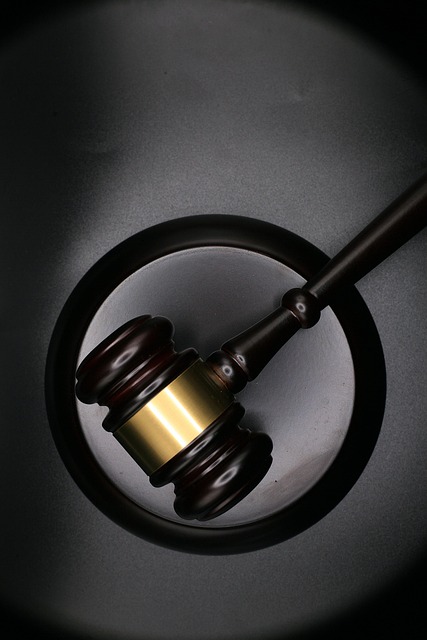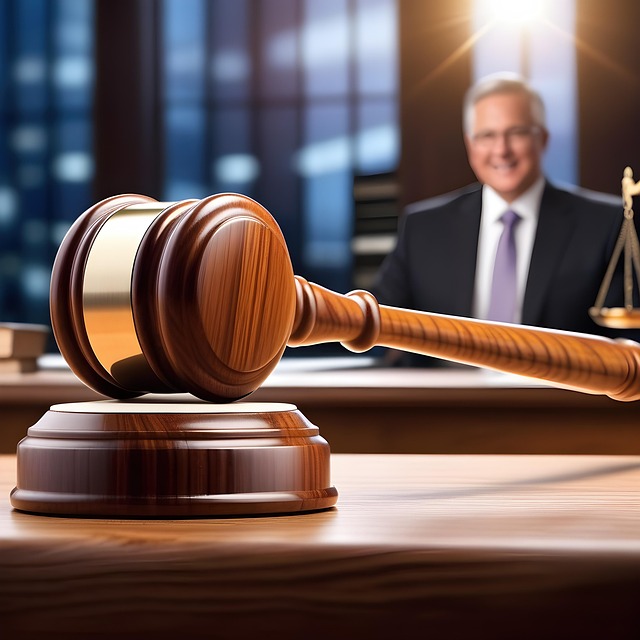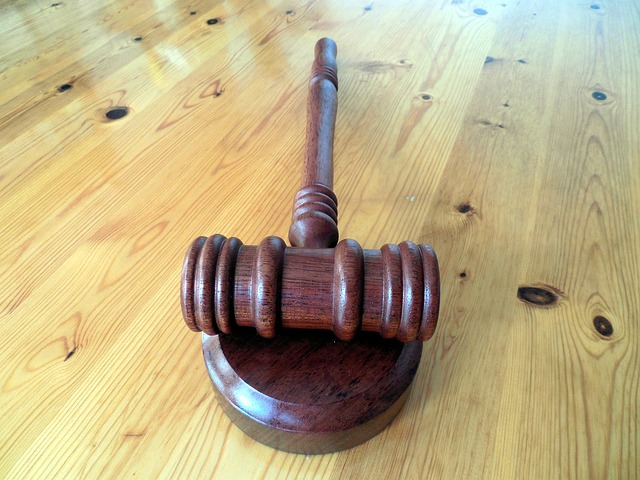Public corruption charges carry severe legal repercussions, impacting individuals and institutions. A strategic defense is vital to counter false accusations, involving scrutinizing evidence, identifying procedural errors, and presenting mitigating factors. Key strategies include engaging experienced legal counsel, adopting an evidence-based approach, effective communication, and reputation management to build a robust defense and protect rights in high-stakes cases.
“Public Corruption Charges: Navigating Legal Implications and Protecting Reputation
False accusations of public corruption can shatter careers and institutions. This article guides you through the intricate world of public corruption charges, offering insights into their definition, legal ramifications, and strategic defenses. Learn how to build a robust defense against these allegations, focusing on evidence-based approaches and reputational management. Discover key steps to mitigate damage, ensuring your rights are protected while fostering transparency and accountability.”
- Understanding Public Corruption Charges: Definition and Legal Implications
- The Impact of False Accusations: Potential Consequences for Individuals and Institutions
- Building a Strong Defense Strategy: Key Steps to Protect Your Reputation and Rights
- Evidence-Based Approach: Gathering and Presenting Facts to Counter Allegations
- Mitigating Damage: Effective Communication and Reputational Management During Legal Proceedings
Understanding Public Corruption Charges: Definition and Legal Implications

Public corruption charges are allegations of illicit or unethical behavior by public officials, often involving abuse of power for personal gain. This can take many forms, such as bribery, embezzlement, and bid-rigging, and carries severe legal implications. When a person, be it an elected official or government employee, is accused of these offenses, it’s crucial to understand the nature of the charges and the defenses available.
Navigating these complex allegations requires a strategic approach, especially when defending against false accusations. Building a defense involves scrutinizing the evidence, identifying procedural errors, and presenting mitigating factors. The legal implications extend beyond potential prison sentences and fines; they impact the individual’s reputation, career, and the trust in public institutions. A strong defense strategy is essential for corporate and individual clients alike, considering the unprecedented track record of such cases shaping the public’s perception of integrity in government and business practices.
The Impact of False Accusations: Potential Consequences for Individuals and Institutions

The impact of false accusations in public corruption cases can be devastating for both individuals and institutions. When someone is wrongfully accused, their reputation can be irreparably damaged, leading to social ostracization and lost opportunities. For corporate and individual clients, this can mean the collapse of businesses, careers, and even personal relationships. The philanthropic and political communities are not immune; false accusations can derail promising careers and erode public trust in these sectors.
Building a defense against false accusations is crucial in navigating these complex cases. In instances involving white-collar and economic crimes, legal strategies must be tailored to address the specific allegations. This involves meticulous fact-finding, gathering compelling evidence, and presenting a robust defense that dispels any doubts. The goal is not just to achieve an acquittal but also to protect the rights and interests of those accused, ensuring justice is served without resorting to unfair or unfounded charges.
Building a Strong Defense Strategy: Key Steps to Protect Your Reputation and Rights

When facing public corruption charges, building a robust defense strategy is paramount to protecting your reputation and legal rights. The initial steps involve understanding the allegations, gathering evidence, and identifying potential loopholes in the prosecution’s case. Engaging experienced legal counsel who specialize in high-stakes cases is crucial; they can navigate the complexities of these investigations and guide you through all stages of the process.
A well-crafted defense strategy should aim to avoid indictment by challenging the validity of evidence, examining procedural errors, and highlighting any inconsistencies in the prosecution’s narrative. This proactive approach ensures that your rights are upheld while presenting a compelling case to counter false accusations.
Evidence-Based Approach: Gathering and Presenting Facts to Counter Allegations
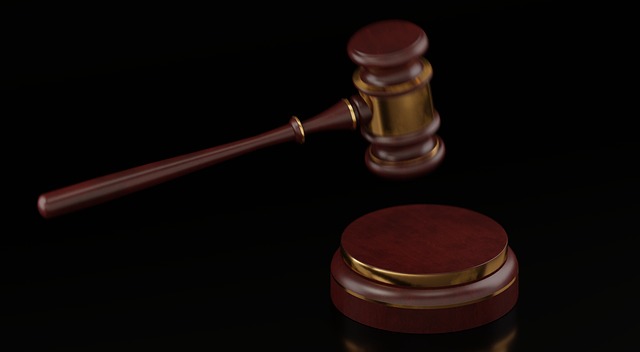
In the face of public corruption charges, adopting an evidence-based approach is paramount for building a robust defense against false accusations. The strategy involves meticulously gathering and presenting factual evidence to counteract allegations, ensuring every detail is scrutinized objectively. This method not only helps in clarifying the context but also highlights any inconsistencies or lack of substantial proof supporting the claims.
A key aspect of this strategy is understanding the interplay between philanthropic and political communities, as well as differentiating between legitimate business dealings and illicit activities. By focusing on the facts and presenting a comprehensive narrative, corporate and individual clients can strive for a complete dismissal of all charges, demonstrating their integrity and upholding the principles of justice.
Mitigating Damage: Effective Communication and Reputational Management During Legal Proceedings
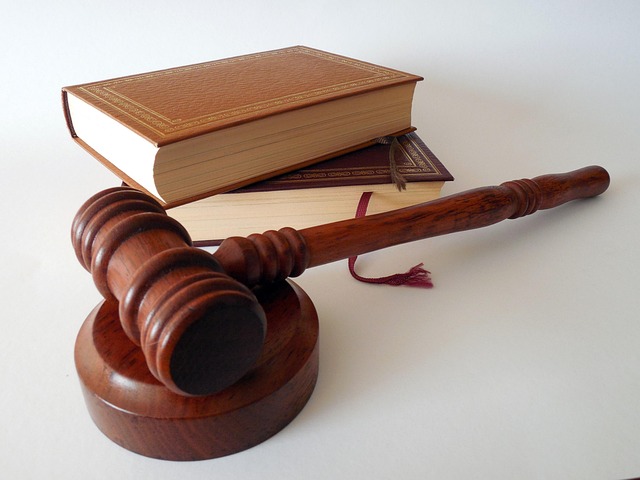
When facing public corruption charges, effective communication and reputational management are crucial strategies in building a defense against false accusations. During legal proceedings, individuals accused of white-collar and economic crimes must navigate a complex landscape, ensuring their narrative is clearly conveyed to all stakeholders. A robust communications strategy involves proactive engagement with the media, transparent updates for employees and clients, and a consistent message that emphasizes integrity and professional conduct.
An unprecedented track record in winning challenging defense verdicts underscores the importance of strategic communication. By managing public perception and presenting a strong, credible defense, individuals can mitigate damage to their reputation while navigating legal complexities. This approach not only safeguards personal and business interests but also fosters trust and loyalty among those who matter most—colleagues, customers, and the community at large.
Public corruption charges can have devastating consequences, especially when false accusations are involved. Understanding the legal implications and building a robust defense strategy is crucial to protecting one’s reputation and rights. By adopting an evidence-based approach, gathering solid facts, and implementing effective communication strategies, individuals and institutions can mitigate damage and navigate these complex proceedings successfully. Remember, “Building a Defense Against False Accusations” is paramount to ensuring justice and preserving integrity in the face of adversity.
